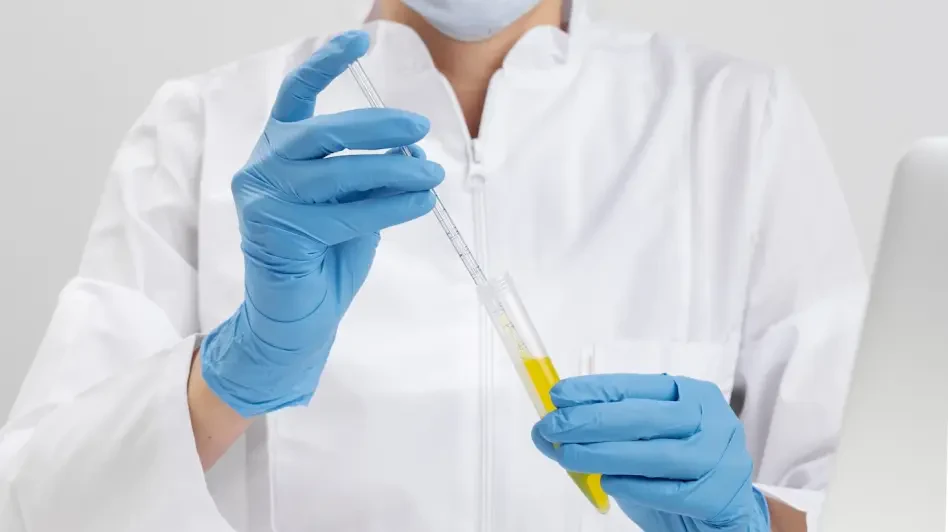I’m thrilled to sit down with Faisal Zain, a renowned healthcare expert with deep expertise in medical technology and innovation. With years of experience in the development of cutting-edge medical devices for diagnostics and treatment, Faisal offers a unique perspective on the evolving landscape of women’s health. Today, we’re diving into the groundbreaking work of a vaginal healthcare company that’s making waves with its approach to bacterial vaginosis treatment and beyond. We’ll explore how at-home testing and personalized care are transforming outcomes, the challenges women face in traditional healthcare, and the broader implications for precision medicine and access to care in the U.S.
Can you give us a broad picture of how innovative companies are changing the landscape of vaginal healthcare with tools like at-home testing?
Absolutely. Companies in this space are revolutionizing how we approach women’s health by bringing diagnostics directly to the patient. At-home testing kits, for instance, allow women to collect samples in the privacy of their own homes and get detailed insights into their vaginal microbiome. This is a game-changer because it removes barriers like long wait times for appointments or the discomfort of in-person visits. These tools often use advanced technology to analyze bacteria and fungi, providing results that are tied to specific conditions like bacterial vaginosis. The data then informs tailored treatment plans, which is a huge leap forward from the one-size-fits-all approach of traditional care.
What excites you most about the recent findings on bacterial vaginosis treatment, particularly the high rate of symptom relief reported in studies?
I’m really impressed by the reported 75.5% symptom relief rate within just four weeks. This kind of outcome signals that personalized, data-driven approaches can make a tangible difference in patients’ lives. Bacterial vaginosis can be incredibly uncomfortable and disruptive, so seeing such a significant number of women experience relief quickly is promising. It suggests that when treatments are informed by specific microbiome data, they’re more effective at targeting the root causes rather than just masking symptoms. It’s a strong indicator that precision medicine is the future of managing these conditions.
Recurrence rates for bacterial vaginosis seem to be a persistent issue in traditional care. How do you see newer approaches addressing this challenge?
Recurrence is a major frustration with bacterial vaginosis, often running as high as 50% with standard treatments. Newer platforms are showing much lower rates—around 30% in some studies—which is a significant improvement. I believe this comes down to the focus on microbiome restoration. Instead of just treating symptoms with broad-spectrum antibiotics, which can disrupt the vaginal ecosystem further, these innovative approaches aim to balance the microbiome by targeting specific harmful bacteria. This not only addresses the immediate infection but also helps prevent it from coming back, which is a critical shift in care.
Women often face hurdles like misdiagnosis or limited access to specialists in traditional vaginal healthcare. What are some of the biggest challenges you’ve observed in this area?
One of the biggest issues is the lack of precision in traditional diagnostics. Many women are misdiagnosed because standard tests often don’t account for the complexity of the vaginal microbiome, leading to ineffective treatments. On top of that, access is a huge barrier—over a third of U.S. counties don’t even have an OBGYN, and even where they do, wait times can be weeks or months. This leaves women suffering in silence or turning to over-the-counter solutions that might not address the underlying problem. There’s also a stigma around discussing vaginal health, which can prevent women from seeking help in the first place.
How do you think remote care platforms can help overcome these barriers and improve the patient experience?
Remote care platforms are a lifeline for many women, especially those in underserved areas. By offering at-home testing and virtual coaching, these platforms eliminate the need for in-person visits, which can be a huge relief for someone who can’t easily access a specialist. They also provide a level of privacy and comfort that traditional settings often lack. The one-on-one virtual sessions are particularly valuable because they help demystify complex results and empower patients to take control of their health. From what I’ve seen, patients often feel more supported and understood through this model compared to the rushed, impersonal nature of some doctor visits.
There’s a lot of buzz around microbiome-informed care. Can you break down why understanding specific bacteria in the vagina is so crucial for long-term health?
The vaginal microbiome is like a delicate ecosystem—when it’s balanced, it protects against infections and supports overall health. But when certain bacteria, like those associated with bacterial vaginosis, overgrow, it can lead to recurring issues and even increase risks for other conditions like preterm birth. Knowing exactly which bacteria are present allows for targeted interventions that restore balance rather than just wiping out everything with broad treatments. This precision is key for long-term health because it minimizes disruption and helps maintain a protective environment in the vagina, which can have far-reaching benefits beyond just treating one infection.
Looking at the bigger picture, what does the rise of precision medicine in women’s health tell us about the future of healthcare overall?
The rise of precision medicine in women’s health is a glimpse into the future of healthcare as a whole. It shows us that treatments tailored to an individual’s unique biology—whether it’s their microbiome, genetics, or other factors—can dramatically improve outcomes. In women’s health specifically, this approach is addressing long-standing gaps in research and care, which have historically been underfunded and overlooked. I believe we’re moving toward a world where healthcare is more proactive and personalized, leveraging deeper data to predict and prevent issues before they escalate. It’s an exciting time, and women’s health is leading the charge in many ways.
What’s your forecast for the future of at-home diagnostics and personalized care in women’s health over the next decade?
I’m incredibly optimistic about the next decade. I think we’ll see at-home diagnostics become even more sophisticated, integrating with wearable tech and AI to provide real-time insights into women’s health. Personalized care will likely expand beyond bacterial vaginosis to address a wider range of conditions, like fertility challenges, gynecologic cancers, and hormonal imbalances. Accessibility will improve as costs come down and platforms scale, reaching more women in remote or underserved areas. My forecast is that these tools will not only empower patients but also reshape how healthcare systems prioritize prevention over reaction, ultimately closing some of the biggest care gaps we see today.









